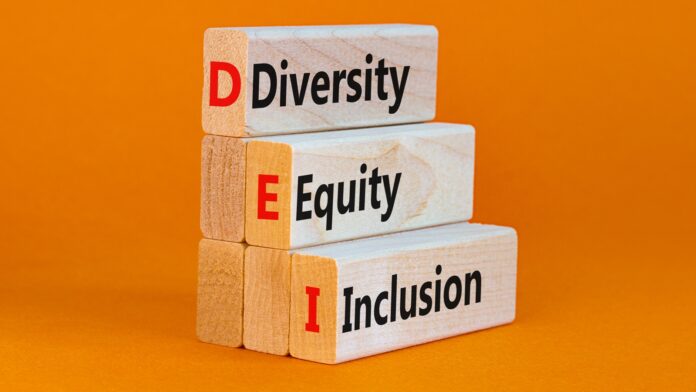Recently, the acronym DEI has become highly controversial in American society, sparking political debate amid the implementation of policies by the new administration in Washington, D.C.
While Diversity, Equity, and Inclusion (DEI) initiatives were originally designed to promote fairness and opportunity for individuals from diverse backgrounds, they have become a contentious issue, with strong opinions on both sides.
DEI policies, widely adopted by businesses, schools, and government institutions, aim to create more inclusive environments by addressing systemic barriers that may disadvantage certain groups. These initiatives complement, but do not replace, longstanding Equal Employment Opportunity (EEO) laws, which prohibit discrimination based on race, gender, religion, national origin, disability, and other factors. While EEO laws ensure legal protection against discrimination, DEI programs are voluntary efforts aimed at fostering greater representation and inclusivity.
Since taking office last month, the new administration has implemented policies to ban federal DEI programs, reigniting a national debate. The discussion largely falls along ideological lines. Opponents argue that DEI policies impose identity-based preferences that undermine meritocracy and create new forms of bias, particularly against white and Asian individuals in hiring and education. Supporters, on the other hand, contend that DEI initiatives help correct systemic inequalities, broaden representation, and create more inclusive workplaces and educational institutions.
In recent years, many corporations embraced DEI initiatives, especially after the 2020 racial justice protests. However, some now face pressure to scale back these efforts due to political backlash, economic downturns, or concerns about their effectiveness. Meanwhile, the U.S. Supreme Court’s decision to strike down affirmative action has prompted some colleges to revise their admissions processes to maintain diversity without explicitly considering race. Additionally, in states like Florida, debates over DEI have led to restrictions on how race and identity topics are addressed in schools, alongside book bans and limitations on critical race theory.
For many Caribbean Americans, the DEI debate presents a unique perspective. Coming from societies where meritocracy is often emphasized over race or ethnicity, some find it difficult to relate to certain DEI policies in the U.S. While the Caribbean has its own social stratifications—including colorism and class divisions—academic and professional advancement is typically seen as being based on merit rather than systemic intervention.
Under British colonial rule, Black Caribbean people faced significant barriers to education and career advancement. However, in the post-colonial era, they have largely progressed through academic achievement and professional excellence. Today, children from low-income communities in the Caribbean often have access to top schools based on academic performance, and career advancement is generally determined by individual merit rather than diversity policies.
This cultural background shapes how many Caribbean Americans perceive DEI in the U.S. Many believe that qualifications should be the primary factor in determining success and that race or ethnicity should not be used as a criterion for college admissions, hiring, or promotions. Caribbean Americans take great pride in their accomplishments and are often uncomfortable with the idea of being selected for a job or a position as a “diversity hire” rather than based on their own merit.
However, while some Caribbean Americans prefer a merit-based system, the reality is that they are still a minority group in the U.S. and are not immune to discrimination. Workplace biases, hiring disparities, and racial profiling are still challenges that affect Black immigrants, even those with strong educational and professional credentials. This makes the discussion around fair access to opportunities relevant, even for those who value meritocracy.
Rather than framing DEI as a zero-sum game between identity and merit, a more effective approach could involve shifting the focus toward inclusion while maintaining high standards. Instead of setting rigid quotas, organizations and institutions should work to ensure that hiring, promotion, and admissions processes are transparent, fair, and based on skills and experience.
DEI initiatives could be structured in a way that expands access to opportunities rather than granting preferential treatment. For example, outreach efforts can be made to underrepresented communities to ensure that qualified candidates are aware of opportunities and have the resources to compete on an even playing field. Rather than lowering standards, policies should focus on increasing the competitiveness and preparedness of diverse groups.
Government policies can also play a role in ensuring fair hiring practices without resorting to mandates that create resentment or divisions. Employers and educational institutions should emphasize a combination of merit and inclusion, fostering environments where diverse candidates can thrive based on their abilities rather than identity alone.
Ultimately, DEI can be effective if it is implemented in a practical and balanced way. It is possible to promote diversity while maintaining a culture of meritocracy, ensuring that opportunities are truly open to all without diminishing individual achievements. By focusing on fairness, transparency, and access rather than quotas, DEI can serve its intended purpose without becoming a source of division.















